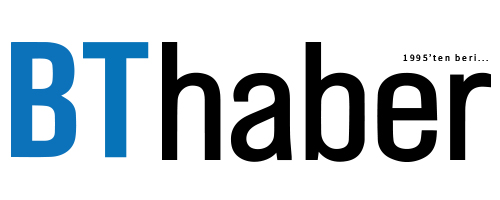Don’t get coronavirus on your computer


The coronavirus hit the world economy hard and created huge uncertainties for companies. An example of this is the vulnerabilities brought by remote work environments. The phishing attacks also stand out here, according to Tekniknokta Data Recovery experts who point out that cyber attackers also make the coronavirus pandemic a weapon. With this attack, a bait is sent to the target person. Tekniknokta Data Recovery experts stated that: “Coronavirus attracts high attention today and can be used in an article, an e-mail and a link about this subject.” and explained the risks as follows:
“When you receive an e-mail about a mask or disinfectant, you need to question the accuracy and reality of the link before making a purchase decision. A person whose login information is stolen may not be easily detected if he/she is a company employee or an attacker who aims to leak information. Most people accept content without checking the e-mail. However, phishing is not only done by e-mail or files. Advertisements you see on the internet can also be a phishing attack. Be careful when shopping online. Do not shop from unreliable sites. Do not give your personal data. In particular, do not click on the links in e-mails that say “coronavirus”.
Raise awareness of the people around you so that we can get out of this period with the least damage. Our recommendations are clear in order to avoid such traps of attackers. Do not open e-mails from sources you do not know, do not click on links you do not trust. Keep your operating systems up to date and always use your programs in the current version. Never shop from sites you do not trust, other than familiar sites. Do not use software with crack. Even legally licensed products have a security vulnerability, illegally licensed crack software is more likely to be vulnerable. Do not grant permissions to sites and applications such as location, microphone, camera and contact lists unless necessary.”











